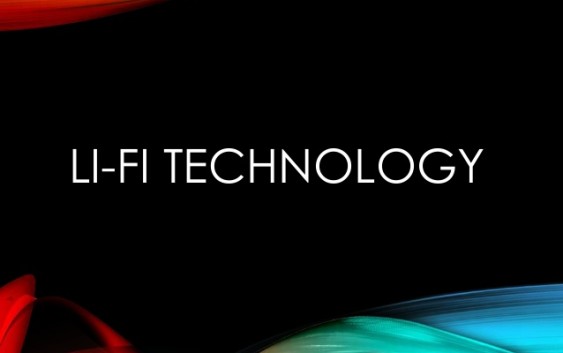Li-Fi is a revolutionary technology which is about 100 times faster than the Wi-Fi. Li-fi is fully wireless and bi-directional technology which uses visible light communication or infrared or near ultra violet spectrum as its carrier waves signal. Prof. Herald Hass first coinced the term Li-fi.
It is considered that Li-fi technology is capable of delivering speeds up to 1 Gbps which is about 100 times faster than a Wi-Fi. Lab research has achieved speeds up to 234 Gbps speeds in specific lab environment and conditions.
This technology is based on Visible light communications (VLC) by switching on and off the LEDs, asit’s merely visible to human eyes and does not cause any effect in the illumination. Li-fi works within the walls of a room space as it’s based on light, as compared to Wi-Fi technology that works within a specific range even across walls.So it’s more secure than a Wi-Fi connection which has threat to be hacked. Because of its nature this technology can be used in areas like aircraft cabins, hospitals or nuclear power plants where electromagnetic spectrum causes interference.
Let’s see what this technology really is and how it works!!
It’s basically a lamp driver which turns the LED on and off. When power is turned on and internet connection is given to it LED gets switch on and off according to the bandwidth and signal. This signal is captured with the help of photo detector, which is then amplified and processed to get data from internet at a lightning speed.
At this lightning speed one can download a HD movie within seconds. Right Na? J
Hence in the near future internet connections will be more secure and at high speeds with the help of Li-Fi technology.
Written by – Pavitra (technical engineer)



[…] Li -Fi Technology […]
[…] Li -Fi Technology […]
[…] will be also USB ports and CCTV surveillance inside metro premises. Each coach […]
[…] Li -Fi Technology […]